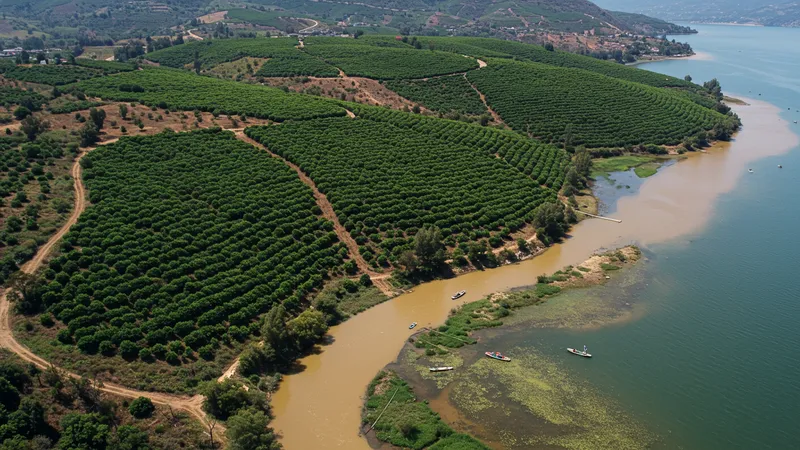
Avocado Farming And Sustainability In Mexico
Confronting the Environmental Fallout
The environmental impact of Mexico’s avocado expansion extends beyond deforestation and water depletion. The chemical run-offs, often unspared by regulation, lead to soil degradation and contaminated waterways. Once pristine rivers now carry pesticides, posing threats to both wildlife and the communities relying upon them.

Consider the plight of Lake Pátzcuaro, once a serene locale now tarnished by avocados’ chemical-intensive cultivation. Fishermen lament dwindling catches as water quality declines. Environmentalists argue that sustainable practices could reverse such damage, but it’s an uphill battle against established industrial habits.
Efforts to balance cultivation with conservation have seen mixed reception. Organic avocado ventures promise lower eco-footprints but face market skepticism. Can better incentives align consumer preferences with eco-friendly farm practices? The conversation around sustainability turns towards genuine accountability.
This battle against environmental costs urges us all to ponder: are we complicit in accelerating the impact, or will we rally for a compassionate reconciling of industry and ecology? As society wakes up to these truths, the choice of inaction fades from acceptability.